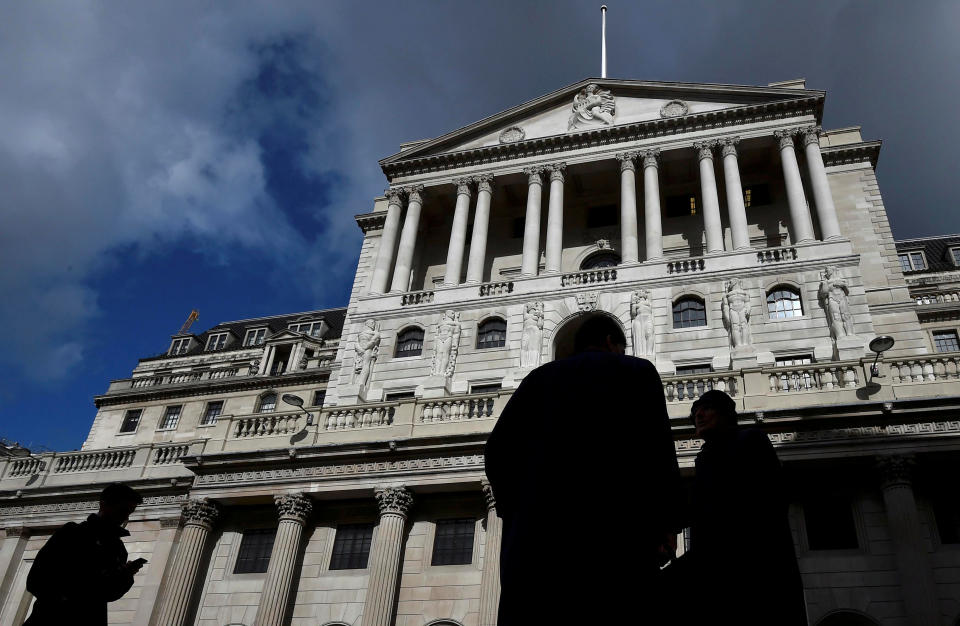BoE policymaker unveils the 'conceivable' Brexit outcomes — even if May's deal passes

Bank of England (BoE) policymaker Jonathan Haskel said in a speech today (11 March) that it’s a distinct possibility that Britain will need more than 21 months for the transition period from the date the UK leaves the European Union.
Britain is set to leave the EU on 29 March but it’s highly uncertain whether Brexit will be delayed due to the parliamentary vote on whether to pass prime minister Theresa May’s deal with the bloc. Regardless, when Britain eventually leaves the EU, Haskell said there are a number of items worth addressing.
READ MORE: Why now is the most crucial time for Brexit Britain
He pointed out in his speech to an audience in Birmingham that even if May’s Brexit deal passes in parliament this week, therefore ending some uncertainty, it is unlikely that the UK will see a surge in business investment. That’s because every Brexit forecast the BoE has formulated shows a decrease in growth in national income.
He said that Brexit “was a process not an event,” and it has to be taken into account that even with a deal, there will be a huge period of uncertainty over implementation of new rules and regulations. This namely includes the “transition period” — the period of time after Brexit where the UK has to implement those new rules and get everyone on board.
“First, the transition period is itself uncertain. Why? The Withdrawal Agreement specifies that the transition period is a minimum 21 months, during which trade is business-as-usual, but that there might an extension to 4 years,” said Haskel.
“It is conceivable that, like Article 50, the UK will require more time than the 21 months. Thus, it is possible there might be another round of negotiating and attendant uncertainty.”
He also pointed out that the key components to the running of the economy — like trade — will still need to be ironed out.
“Second, to make long-term investments, an investor also needs also to know the future trade relationship that we strike. That is far from certain. For business, the question of whether that is a customs union or free-trade area is vital since that gives more of a steer as to whether there will be relatively frictionless trade with the EU or not,” said Haskel.
Earlier today, the former Barclays chairman said Brexit has made the UK “almost uninvestable.” This falls in line with a number of banks and businesses that have pulled operations or staff out of the UK. A new report by think tank New Financial said 275 firms have “moved or are moving some of their business, staff, assets or legal entities from the UK to the EU to prepare for Brexit.”
Investment bank Nomura said in a major Brexit note sent to clients earlier this year: “The largest investment banks continue to decrease the amount of projected employee relocations.” In total, Nomura said it now expects 10,000 UK financial services jobs to be at risk of relocation due to Brexit. That is double the Bank of England’s estimate for “Day One” job losses but well below earlier estimates from consultancies such as Oliver Wyman and EY. Reuters estimated in September that just 630 roles had been relocated as a result of Brexit.
Meanwhile, Goldman Sachs CEO David Solomon said that the bank will not invest in Britain as much if there is a hard Brexit, and International Monetary Fund chief Christine Lagarde re-emphasised that a no-deal Brexit will be a threat to global economic stability.
READ MORE: Brexit pushed 275 firms to move businesses and staff to these EU cities

 Yahoo Finance
Yahoo Finance 
